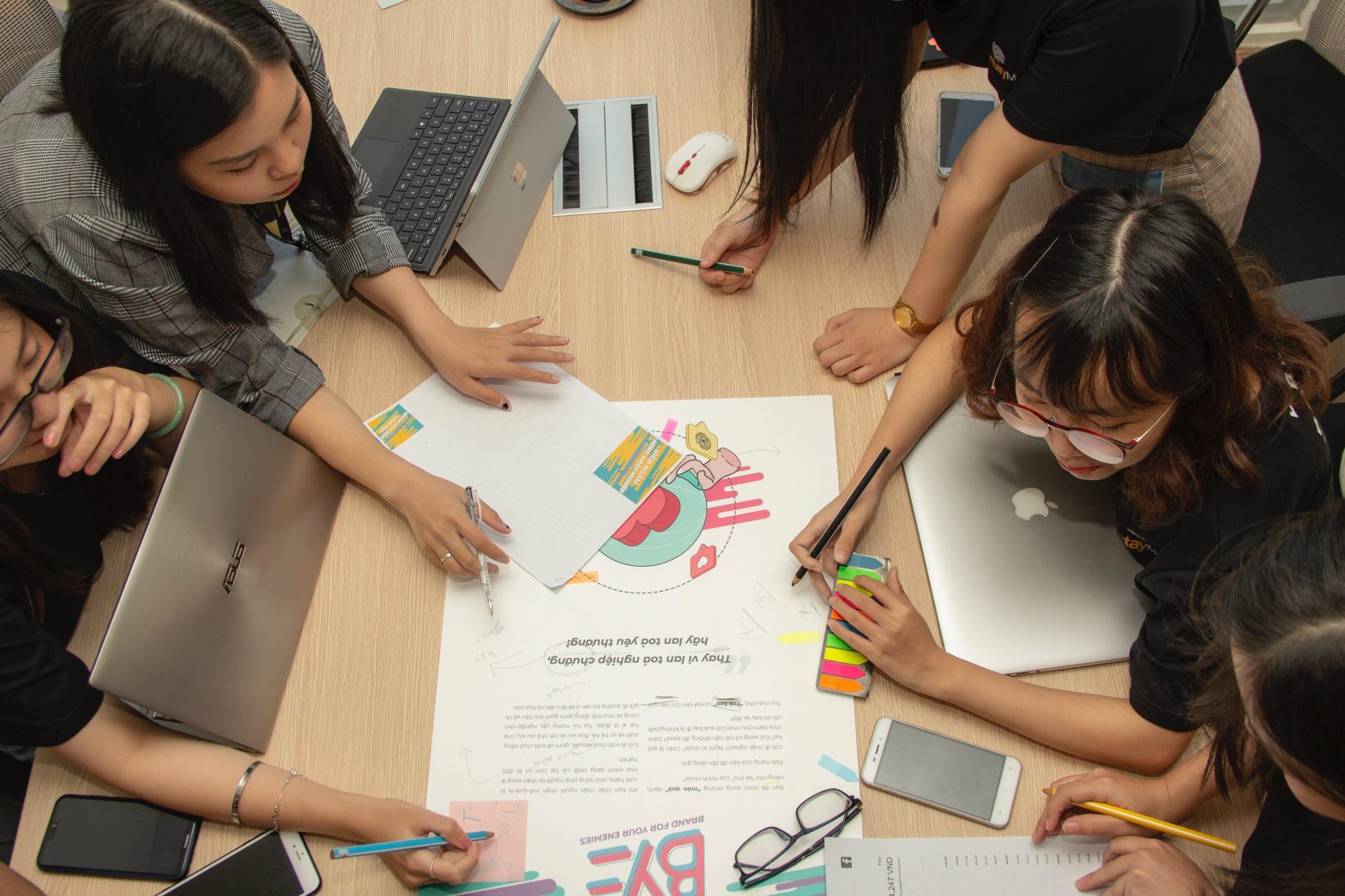
Soft Skills Every Student Needs To Develop
2,582
Academic and technical abilities are undeniably crucial for students. But soft skills like communication, creativity, and adaptability are equally crucial for well-rounded success in school, careers, and life. Unlike hard skills, these abilities are interpersonal and emotional. Developing strong, soft skills alongside academic rigor prepares students to excel in the real world. Though online essay writing services can provide academic assistance, students still need to cultivate essential soft skills like time management, collaboration, and communication. Here are some of the most essential soft skills every student needs:
Communication Skills
Effectively conveying ideas and collaborating with others relies on communication abilities like active listening, clear writing, articulate speaking, and thoughtful questioning. Students should practice explaining concepts patiently, actively listening without interrupting, deciphering nonverbal cues, and providing constructive feedback. Honing these interpersonal communication skills improves learning and relationships.
Creativity and Problem Solving
Thinking flexibly and generating innovative solutions to problems demands creativity. Students need the imagination to develop original ideas and envision possibilities beyond the status quo. Practicing brainstorming associates, making unexpected connections, learning from mistakes, and not being afraid to try bold approaches boosts creative confidence.
Adaptability and Flexibility
The ability to roll with changes and quickly learn new skills becomes mandatory in a fast-changing world. Students who can rapidly pick up emerging technologies and adjust strategies around shifting external factors will thrive. Challenging oneself with unfamiliar tasks and learning to update plans based on new inputs builds adaptability.
Time Management
Juggling classes, extracurriculars, social lives, and responsibilities requires strong time management skills. Creating schedules, prioritizing tasks, avoiding distractions, and managing workflow help students complete numerous demands without burnout. Living purposefully and minimizing stress relies on using time wisely.
Leadership and Collaboration
Whether starting a club or leading a group project, knowing how to organize, motivate, and connect teammates is vital. Students need to learn to manage diverse personalities, resolve conflicts, provide encouragement, and promote open communication. Leadership combined with collaboration achieves shared goals.
Grit and Perseverance
Life will inevitably throw obstacles and setbacks at students. Pushing through challenges rather than giving up requires grit. Students must cultivate mental toughness, self-discipline, determination, and resilience. Believing abilities can grow through effort, and focusing on progress enables persevering despite struggles.
Responsibility and Work Ethics
Owning mistakes, meeting deadlines, completing tasks, and following through on commitments demonstrate responsibility. Students who build reputations for integrity and diligence earn trust. Maintaining a strong work ethic even when studies seem tedious shows maturity. Prioritizing duties over diversion teaches duty.
Empathy and Emotional Intelligence
Understanding social cues, differing perspectives, unspoken feelings, and experiences of others builds empathy. Students need compassion and sensitivity when interacting with diverse people. Reading body language, being attentive, and not judging demonstrates emotional intelligence that strengthens relationships.
Conclusion
While schools understandably focus on hard skills, parents can supplement by nurturing soft skills at home through everyday interactions and guidance. Helping students become well-rounded individuals with balanced skill sets gives them the tools to navigate complex academic environments and ultimately thrive after graduation.











